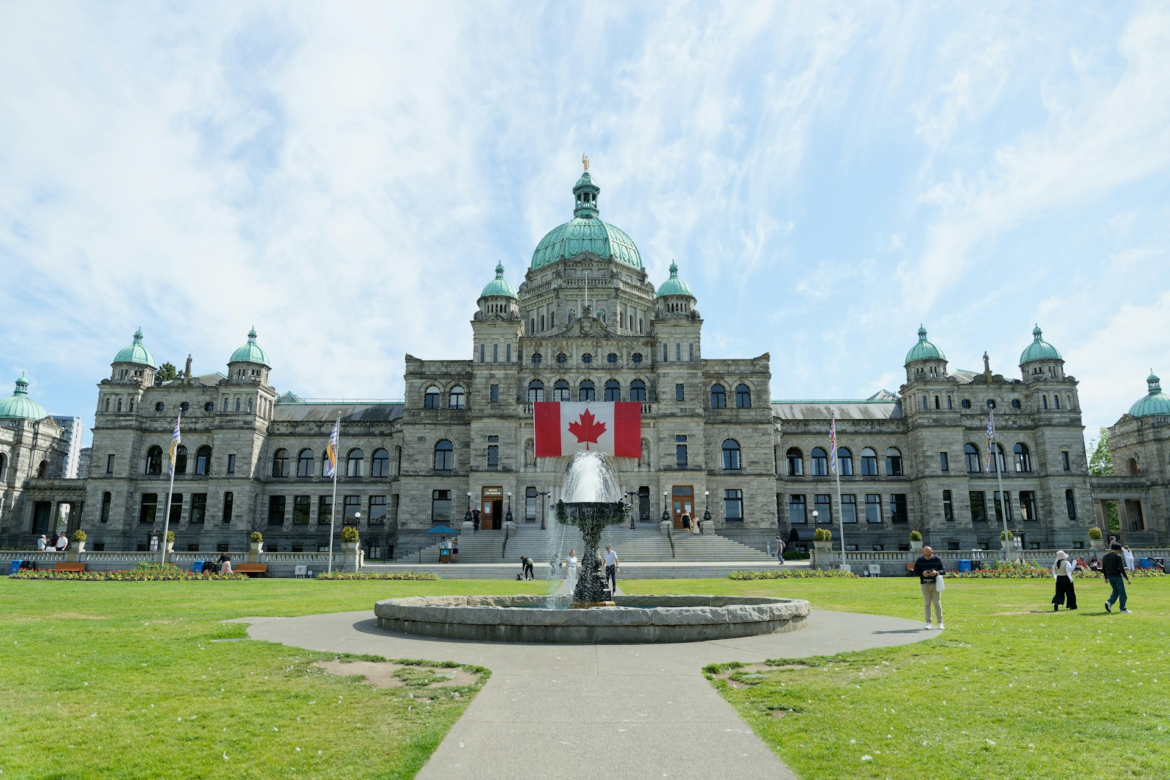264

Canadian flag waving in front of the BC Parliament Buildings in Victoria. Photo by Brian Zhu on Unsplash

Government workers across Canada received wages 4.8 per cent higher on average than comparable private-sector workers in 2024 after adjusting for factors…
To continue reading this article, you need to join HR News Canada's FREE community.
Sign up for free now at https://hrnewscanada.com/register/hr-news-canada-free-membership/
Todd Humber is an award-winning workplace journalist who has been covering the HR, employment law, and workplace safety beats for 25 years. He is the publisher and editor-in-chief at HR News Canada, published by North Wall Media.

HR News Canada is an independent source of workplace news for human resources professionals, managers, and business leaders. Published by North Wall Media.
©2026 All Right Reserved. Designed and Developed by North Wall Media